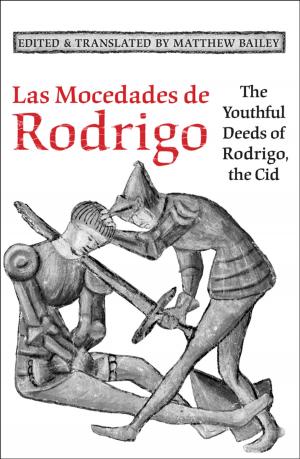Dark Threats and White Knights
The Somalia Affair, Peacekeeping, and the New Imperialism
Nonfiction, History, Americas, Canada, Social & Cultural Studies, Social Science, Discrimination & Race Relations| Author: | Sherene Razack | ISBN: | 9781442659155 |
| Publisher: | University of Toronto Press, Scholarly Publishing Division | Publication: | December 15, 2004 |
| Imprint: | Language: | English |
| Author: | Sherene Razack |
| ISBN: | 9781442659155 |
| Publisher: | University of Toronto Press, Scholarly Publishing Division |
| Publication: | December 15, 2004 |
| Imprint: | |
| Language: | English |
Somalia. March 4, 1993. Two Somalis are shot in the back by Canadian peacekeepers, one fatally.
Barely two weeks later, sixteen-year-old Shidane Abukar Arone is tortured to death. Dozens of Canadian soldiers look on or know of the torture.
The first reports of what became known in Canada as the Somalia Affair challenged national claims to a special expertise in peacekeeping and to a society free of racism. Today, however, despite a national inquiry into the deployment of troops to Somalia, what most Canadians are likely to associate with peacekeeping is the nation's glorious role as peacekeeper to the world. Moments of peacekeeping violence are attributed to a few bad apples, bad generals, and a rogue regiment.
In Dark Threats and White Knights, Sherene H. Razack explores the racism implicit in the Somalia Affair and what it has to do with modern peacekeeping. Examining the records of military trials and the public inquiry, Razack weaves together two threads: that of the violence itself and what would drive men to commit such atrocities, and secondly, the ways in which peacekeeping violence is largely forgiven and ultimately forgotten. Race disappears from public memory and what is installed in its place is a story about an innocent, morally superior middle-power nation obliged to discipline and sort out barbaric third world nations. Modern peacekeeping, Razack concludes, maintains a colour line between a family of white nations constructed as civilized and a third world constructed as a dark threat, a world in which violence is not only condoned but seen as necessary.
Somalia. March 4, 1993. Two Somalis are shot in the back by Canadian peacekeepers, one fatally.
Barely two weeks later, sixteen-year-old Shidane Abukar Arone is tortured to death. Dozens of Canadian soldiers look on or know of the torture.
The first reports of what became known in Canada as the Somalia Affair challenged national claims to a special expertise in peacekeeping and to a society free of racism. Today, however, despite a national inquiry into the deployment of troops to Somalia, what most Canadians are likely to associate with peacekeeping is the nation's glorious role as peacekeeper to the world. Moments of peacekeeping violence are attributed to a few bad apples, bad generals, and a rogue regiment.
In Dark Threats and White Knights, Sherene H. Razack explores the racism implicit in the Somalia Affair and what it has to do with modern peacekeeping. Examining the records of military trials and the public inquiry, Razack weaves together two threads: that of the violence itself and what would drive men to commit such atrocities, and secondly, the ways in which peacekeeping violence is largely forgiven and ultimately forgotten. Race disappears from public memory and what is installed in its place is a story about an innocent, morally superior middle-power nation obliged to discipline and sort out barbaric third world nations. Modern peacekeeping, Razack concludes, maintains a colour line between a family of white nations constructed as civilized and a third world constructed as a dark threat, a world in which violence is not only condoned but seen as necessary.















